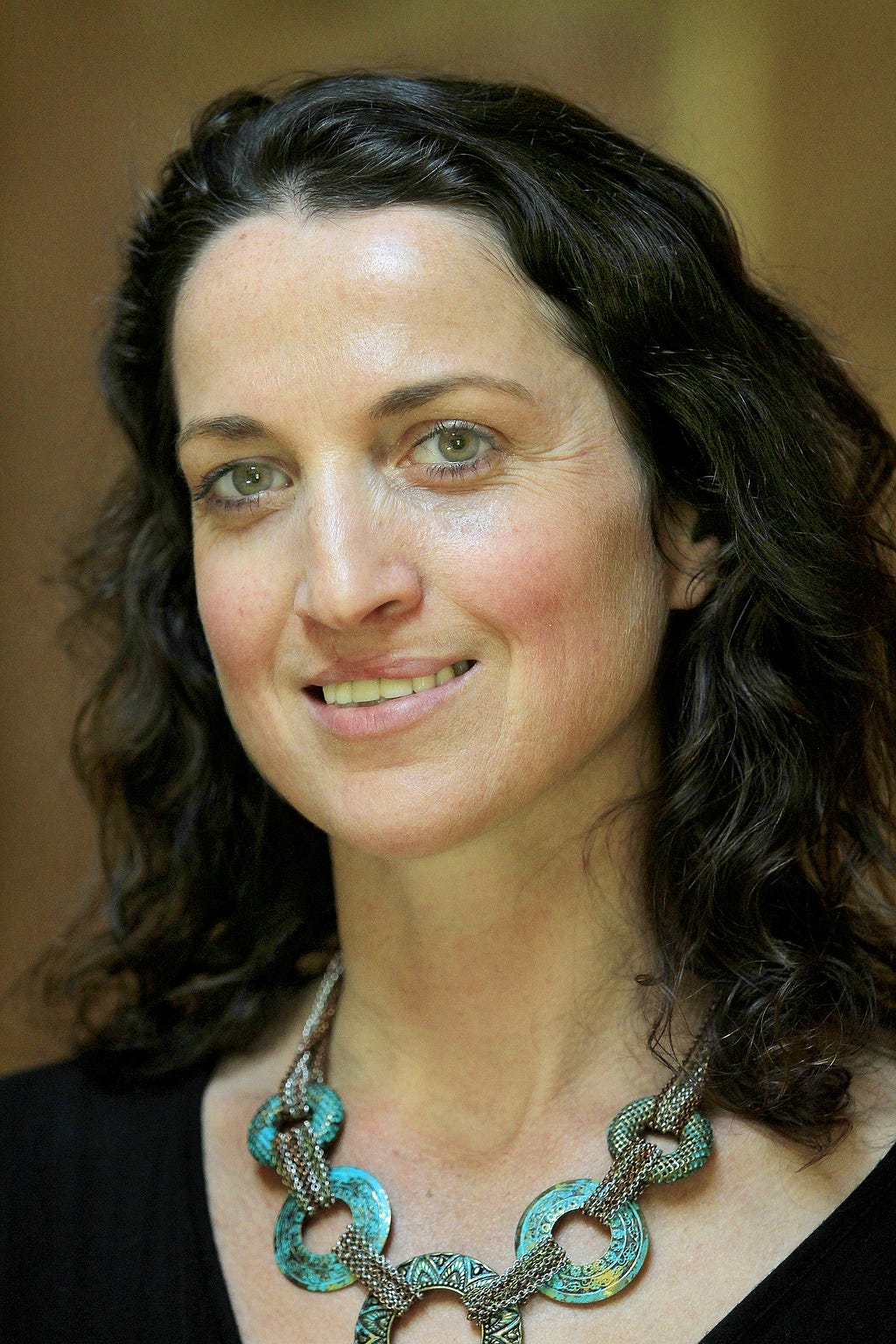B Corp Badger Pursues Long-Term Social and Environmental Action Plan That Aligns with Sustainable Development Goals

The 17 Sustainable Development Goals adopted in 2015 by the United Nations member states are a call to action to leave no one behind in the face of global challenges that threaten our planet and societies.
From poverty and hunger to social justice and the climate crisis, the SDGs touch on issues that require companies to rethink their approaches to value generation. In this context, B Lab is working with the UN Global Compact to develop a tool for launch in 2020 to help companies chart their next decade of progress on the SDGs. Learn more about this development here.
In the third of a series of insights on the SDGs (find links to previous articles below) and how they can guide and inspire Certified B Corporations and other businesses, B the Change contacted Rebecca Hamilton, collaborative executive officer at the W.S. Badger Company, aka Badger. The family business formulates, manufactures and ships certified organic and natural skin care products around the world. Badger uses ingredients that meet its standards for healthy agriculture, minimal processing, sustainable supply chain and health-giving properties.
Read on for Hamilton’s thoughts on how Badger and other companies can contribute to the SDGs and collaborate on climate change solutions.
Let’s start at the highest level. What do you think is most valuable about the SDGs?
Our global community stands at the precipice of the greatest challenges we’ve ever known, with looming crises too big for any one sector, country or organization alone to heal. The SDGs provide a comprehensive, holistic path to a more resilient shared future on a timeline that promotes results and accountability. The clear articulation of these 17 universal goals creates a shared language that builds opportunity for unity and collaboration.

2030 is only a decade away. Where do you think action needs to focus in order to get there?
Practicing collaboration and unity are critical. There is power in coming together in conversation and creative problem-solving that cannot be matched by the thinking of an individual. Only through unity can we meet these aspirational goals. Together, we can ask more of ourselves and each other as businesses, as neighbors, as political representatives and as citizens of the world. At Badger, we are joining our workplace community, our supplier network, and colleagues across the industry to work together on the climate crisis and restore balance and harmony to our planet.
The SDGs have been called the closest thing to a sustainability strategy for humanity. Do you think this strategy has enabled business to meaningfully take action to address the climate crisis?
As a B Corp, we understand that you can’t manage what you don’t measure. Having a clear strategy with measurable goals empowers businesses to set targets connected to worldwide goals and to reframe their impact in this broader context. At Badger, we used the SDGs as a tool for articulating our long-term social and environmental impact plan. We continue to connect directly with the SDGs in our strategies around Earth regeneration and social conscience.
Is your business looking for ideas on making a positive environmental impact? Check this free online report from B Lab that compiles articles and resources to help your business become a climate leader and take action on the climate crisis. Whether you work at a large company or an agency, get inspired to do more today.
How will the online platform that B Lab is developing alongside the UN Global Compact serve the 2030 agenda?
The B Lab platform will allow businesses to spend more time on impact strategy by clearly assessing where companies are in relation to the progress on the SDGs without each having to reinvent the wheel of assessing impact. Additionally, reporting in this way helps businesses connect the individual actions they take to a larger movement, showing the power of shared, collaborative impact leadership, moving the needle farther and faster.
Which SDG is top of mind for you right now, and why?
SDG 13: Take urgent action to combat climate change and its impacts is top of mind. The health of our planet is the foundation upon which all life depends. Yes, the climate crisis is an environmental issue, but it’s also an issue of social justice, biodiversity, food security, poverty and health, to name a few. We believe that urgent action on climate means expanding efforts beyond an approach that seeks to do less harm, to encompass one that actively heals harms already done. That’s why we believe in tools like regenerative organic agriculture, which transforms hurtful atmospheric carbon into helpful soil organic carbon and restores balance in the ecosystems of which it is a part.
Can you give us an example of a business that gives you hope that we will achieve the Sustainable Development Goals?
Dr. Bronner’s and Patagonia, two B Corps that are working on a regenerative organic certification with the Rodale Institute and other allies, are positive leaders.
Other articles in the SDG series:
- Ethical Fashion Accessories That Incorporate the Sustainable Development Goals
- All About the Sustainable Development Goals: Get Up-to-Speed on Agenda 2030
B the Change gathers and shares the voices from within the movement of people using business as a force for good and the community of Certified B Corporations. The opinions expressed do not necessarily reflect those of the nonprofit B Lab.

How the SDGs Help Businesses Effectively Measure and Collaborate to Address the Climate Crisis was originally published in B the Change on Medium, where people are continuing the conversation by highlighting and responding to this story.